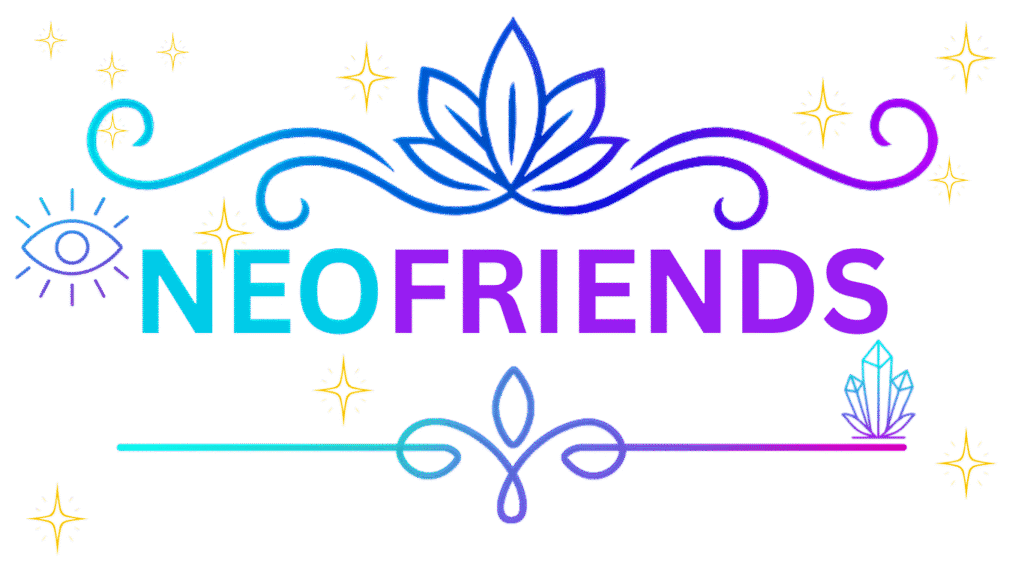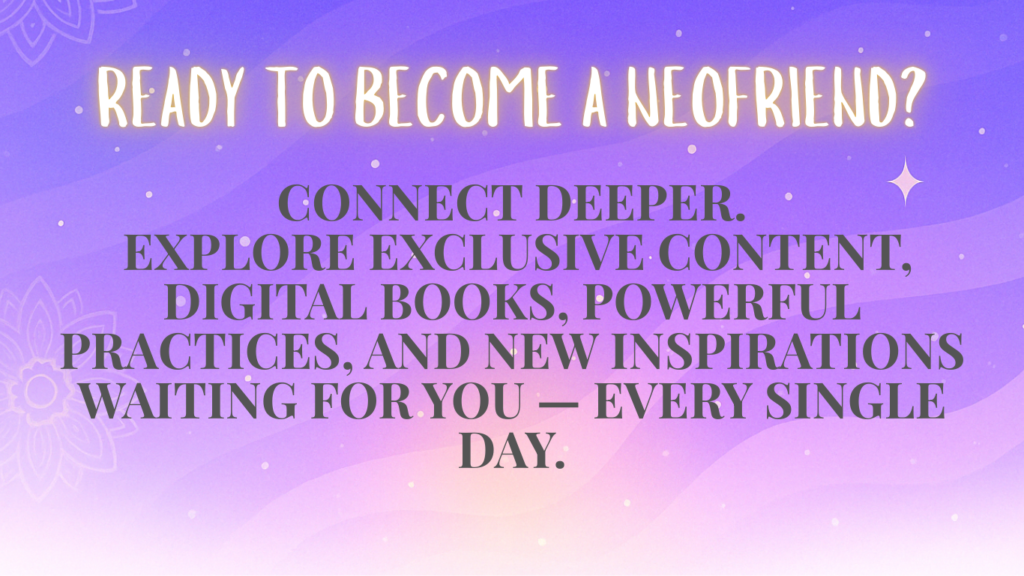The Day That Changed the World
Five years have passed since the day the world paused in shock and sorrow at the death of George Floyd. On May 25, 2020, in Minneapolis, a video spread across the globe showing Floyd pleading for his life under the knee of a police officer. His last words, “I can’t breathe,” became a rallying cry, echoing in the hearts of millions who saw in his pain a reflection of their own struggles and fears.
But as we mark this anniversary, five years since George Floyd’s tragic death, a question rises: Have we truly learned from this tragedy, or are we still stuck in patterns of division and injustice? Has the world changed — or have we only moved the furniture around in the dark room of our collective consciousness?
Who Was George Floyd? Beyond the Headlines
Before he became a global symbol, George Floyd was, above all, a human being. Born in Fayetteville, North Carolina, and raised in Houston’s Third Ward, Floyd was known to friends and family as “Perry.” He was a father, a son, a friend, and a man with dreams and flaws, hopes and disappointments.
Five years after George Floyd’s story touched the world, his legacy reminds us of his humanity and imperfections. Floyd grew up in a neighborhood marked by poverty and struggle, but also by warmth and resilience. He played football in high school, standing tall and powerful on the field. Later, like so many, he faced hard times — a string of jobs, some run-ins with the law, efforts to get his life back on track, and a move to Minneapolis for a fresh start.
What is often forgotten in the headlines is the humanity of George Floyd. He was not a perfect man, but no one is. He made mistakes, but he tried to do better. His friends remember him as someone who loved to make people laugh, who looked out for the young men in his neighborhood, who dreamed of being “a giant for his community.”
What Did He Fight For? The Wave That Shook the World
George Floyd’s death ignited one of the largest protest movements in modern history. The Black Lives Matter movement, already alive in the hearts of many, erupted into the streets of cities around the world. People of all backgrounds marched together, demanding justice, equality, and an end to police brutality.
The movement wasn’t only about one man or even one country. Floyd’s cry, “I can’t breathe,” echoed the voices of countless others whose stories never made headlines. Five years since Floyd’s death, from Minneapolis to London, from Sydney to Cape Town, millions stood up to say: enough. Enough of injustice. Enough of the silent suffering. Enough of treating anyone as less than fully human because of the color of their skin.
For a moment, it seemed the world was waking up. Corporations promised to fight racism. Governments pledged reforms. Statues of controversial historical figures were toppled. People talked openly about bias, privilege, and the wounds of history. There was a sense — however fragile — that real change might finally be possible.
Where Are We Now? Progress and the Pain of Setbacks
And yet, five years later, much of that hope has faded. A recent report by The Guardian reveals that the UK has acted on less than a third of the recommendations for tackling racial injustice. In the United States, some reforms have passed, but many have stalled or been reversed.
Reflecting on five years since George Floyd’s passing, the disparity in progress is evident. Worse, in some places, the backlash has grown stronger. Diversity programs have been cut. Political leaders have downplayed the need for racial equality. The conversation, which was once urgent and raw, is often drowned out by new crises or swept aside by those who feel uncomfortable with its demands.
How did this happen? Why is progress so hard to hold on to?
Part of the answer may be that changing laws is easier than changing hearts. Racism and division do not live only in institutions, but also in beliefs, habits, and unconscious fears passed from one generation to the next. True change asks more than new policies — it asks for a transformation of consciousness.
The Spiritual Perspective: We Are All Part of the One
This is where we must go deeper. From a spiritual point of view, the wounds of racism and injustice reflect something fundamental about the human condition: our tendency to see ourselves as separate — as “us” and “them.”
But what if the greatest illusion is this very sense of separation? What if, beneath the surface, there is only one life, one consciousness, expressing itself through many faces and stories? If we look honestly, the pain we inflict on another always comes back to us. The divisions we create outside mirror the divisions inside.
Five years since George Floyd’s death, when we judge someone by the color of their skin, their accent, or their culture, we are not just hurting them — we are closing a door in our own heart. We are cutting ourselves off from the wholeness of life.
Real justice, then, is not only a matter of laws or systems. It is the willingness to recognize ourselves in each other. To see every person as a brother or sister, another wave in the same vast ocean.
Our Message: A Call to Remember Our Unity
George Floyd’s story makes one thing clear: the work of justice and healing is far from over. It does not belong only to politicians or activists. It begins within each of us, in the quiet honesty of our own hearts.
Before we can truly change the world, five years since George Floyd’s echoing cry, we must be willing to look within and ask: Where do I still judge? Where do I hold on to fear, or blame, or separation? Where can I open just a little more — to listen, to forgive, to reach out?
We are all, in the end, part of the same one. The same source breathes through every life. When we remember this, compassion becomes natural, and justice becomes more than a slogan — it becomes a way of being.
Let us not forget the cry that shook the world: “I can’t breathe.” Let us hear it not just as a call for justice but as a reminder to breathe deeper, to open our hearts, and to see the one in all.
We are all equal. We are all part of the one.

